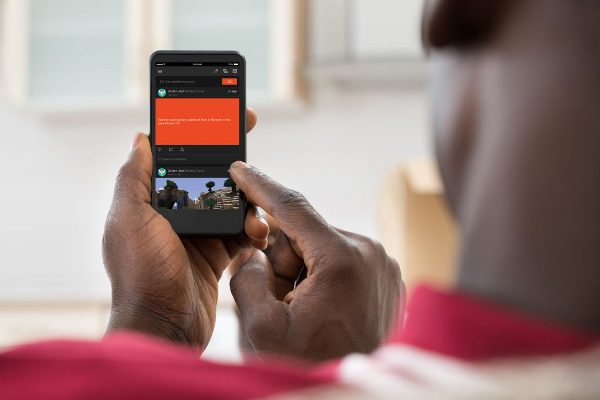We’ve always had the assumption that we pay a lot of money to Internet Service Providers (ISPs) in order to access all the content online. The price of data has always been a concern globally and the race is on to make it even more achievable every year.
A detailed report has shown the price of mobile internet around the world. The data used comes courtesy of Cable.co.uk collected from 230 countries and territories. The colors on the map correspond to the price of 1 GB of mobile internet in each country, with deep blue being the cheapest at less than $2 and hot pink color representing countries with the most expensive data at more than UGX 78k ($20) in the above map.
Many of the cheapest countries fall roughly into one of two categories,” said Cable.co.uk analyst Dan Howdle.
Some have excellent mobile and fixed broadband infrastructure and so providers are able to offer large amounts of data, which brings down the price per GB.
Others with less advanced broadband networks are heavily reliant on mobile data, and the economy dictates that prices must be below.
“At the more expensive end of the list, we have countries where often the infrastructure isn’t great but also where consumption is very small,” Howdle stated.
Uganda’s Global data rank cost per GB

Out of the 230 countries, Uganda’s global ranking fell from 70th position in 2020 position now at 86th position this year worldwide. Out of the 51 data plans measured, Uganda’s cheapest 1GB, data package costs UGX 1,500 ($0.45) and can be as expensive as UGX 80,000 ($22.71).
More information on how the countries were categorized
Excellent infrastructure: Countries with long-established, ubiquitous 4G or new 5G infrastructure tend to fall towards the cheaper end of the table. This is due to the fact that mobile data plans have escalated far beyond the 1-10GB per month median, offering instead plans with caps in the hundreds of gigabytes, or even completely unlimited. The cost per gigabyte in these countries will tend therefore to be very low.
Heavy reliance: Countries with little to no fixed-line broadband availability, therefore, rely heavily on mobile data provision. In these cases, mobile data is the primary means the population has of getting online, and adoption is often near-ubiquitous. With a saturated market and many competing providers, often accompanied by a low average wage, data pricing in such countries can be exceptionally cheap when compared globally.
Small consumption: Countries where, although mobile data is widely available and widely used, the basic and/or overburdened infrastructure dictates a limited-use culture. In countries such as these, SIMs tend to be relatively cheap but predominantly available loaded with very small data amounts. In such countries, amounts of 2-5MB and with single-day expiries are not uncommon. When multiplying such small quantities to figure out the cost of a gigabyte, then, such countries tended to find themselves at the expensive end of the table.
Wealthy economy: Wealthy nations tend to have good mobile infrastructure, decently-sized data caps, and relatively healthy markets. Since populations can afford to pay more, and network infrastructure costs that much more to own and run, and provided they haven’t reached the ‘excellent infrastructure’ category where data limits are beyond normal usage or entirely unlimited, data pricing tends towards the global average.
See the full report here.
Source: Tech jaja




